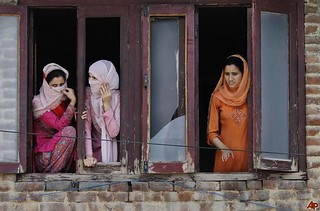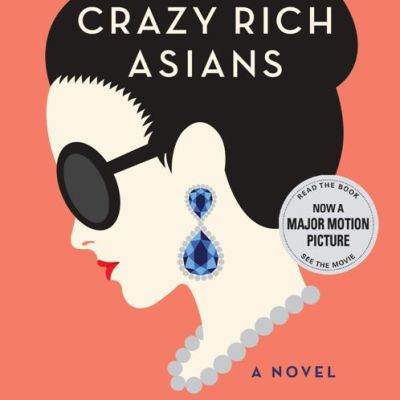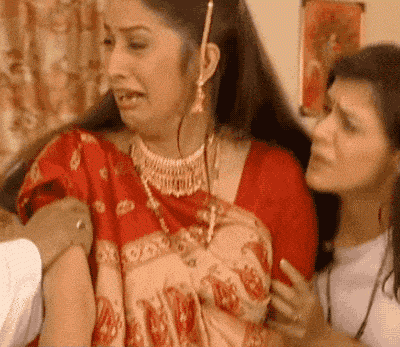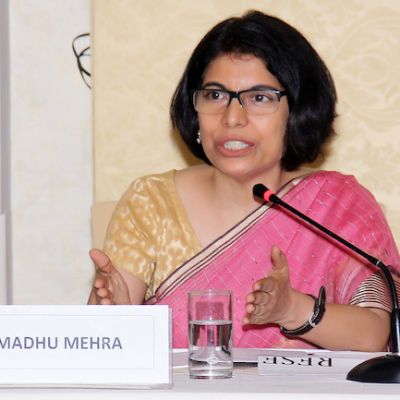patriarchy
The social contract of family becomes the sexual contract of the state, i.e. by placing women within the ‘domestic space’ under the ‘control’ of the ‘right’ kind of men. During partition this played out in the ‘reclaiming’ of the ‘abducted women’.
This immense pressure to perform masculinity throughout each day and night not only impacts men’s wellbeing, but it also inevitably impacts the way they interact with the world around them. These interactions – this performance of control over oneself and others – reinforce the social norms and norms of power that drive gender inequality.
This malignancy of toxic masculinity is a mutant inheritance that is hard to eradicate. However, initiating discussions about it and spreading awareness is essential to minimise the cost to its victims.
In a society that restricts one’s expression of sexuality and perpetuates patriarchal gender norms, there is little room offered for open exploration. With no Comprehensive Sexuality Education (CSE) in schools and no conversation about sexuality with parents, children are ill-equipped to navigate their puberty as adolescents, and dating and relationships as young adults.
Marking the genitalia as ‘private’ is somehow expected of parents who want to make sure that their kids don’t allow predators in. However, this duty should be followed at the right time with a conversation about sex, which will open the door to speaking about sexuality
People make assumptions about both mobility and sexuality and quite often reduce them to a few simple, unidimensional concepts. Sexuality is reduced to sex, marriage and the gender binary. Mobility is reduced to ableist concepts of body and capacity, and access to, or the possession of, a vehicle to get from point A to B.
The patriarchal system strictly enforces gender roles and social norms that privilege men over women. This sense of male entitlement over women and girls’ bodies have insured their confinement to spaces where they are stripped of power, threatened by harassment and discrimination, and extremely vulnerable so that men get to play the role of protectors.
Kwan’s ‘Crazy Rich Asians’ does not just highlight the lifestyle of the segment of Singaporean society that is unimaginable and unattainable to most people, it amplifies that heterosexuality is often not a choice.
Desire is a man’s turf, right up there with moustaches and Adam’s apples / I’m the apple, I am the snake, I am Eve / I am the vibrator nestled between flimsy, cheap lace underwear / I am the shame, of saying I came
The discursive power vested in audio-visual media can prove to be emancipatory if it seeks to re-write the scripts of love, to expand it to include various subjectivities, disturb the patriarchal gendered dynamics that it is based on by introducing a story that allows the audience to imagine it in various different ways.
I am confident in my sexuality and know what I want from life. I definitely do not want to be joined at the hip with a man to feel fulfilled. But I do know what I want from a man and I can enter a relationship from a point of equality rather than subservience.
“It’s fascinating Yasmina, but also scary how sex or sexualising something can be ignited from our need for beauty that probably stirs positive emotions that we consider beautiful, such as feeling pleasure. But you know as well, desiring what we think is beautiful can generate fluidity: I can never know what I am exactly. All I know is that I was with men, and I was with women, and all of them tickled something within me. “
My hair smells like jasmine / From the wedding I went to last night / When I tethered my untameable hair with flowers,
I think that the level of power that law makers, opinion builders and stakeholders wield over the more vulnerable and younger people in society is enormous. Yet, these actors have chosen to focus only on building a policy regime of sexual violence, even to the extent of allowing juvenile offenders to be treated as adult accused – without any corresponding effort to build a sex positive culture within which they may exercise agency.
In this issue of In Plainspeak, we interview Madhu Mehra, lawyer and feminist activist. She is a founding member and the Executive Director of Partners for Law in Development (PLD), a legal resource group on women’s rights.














